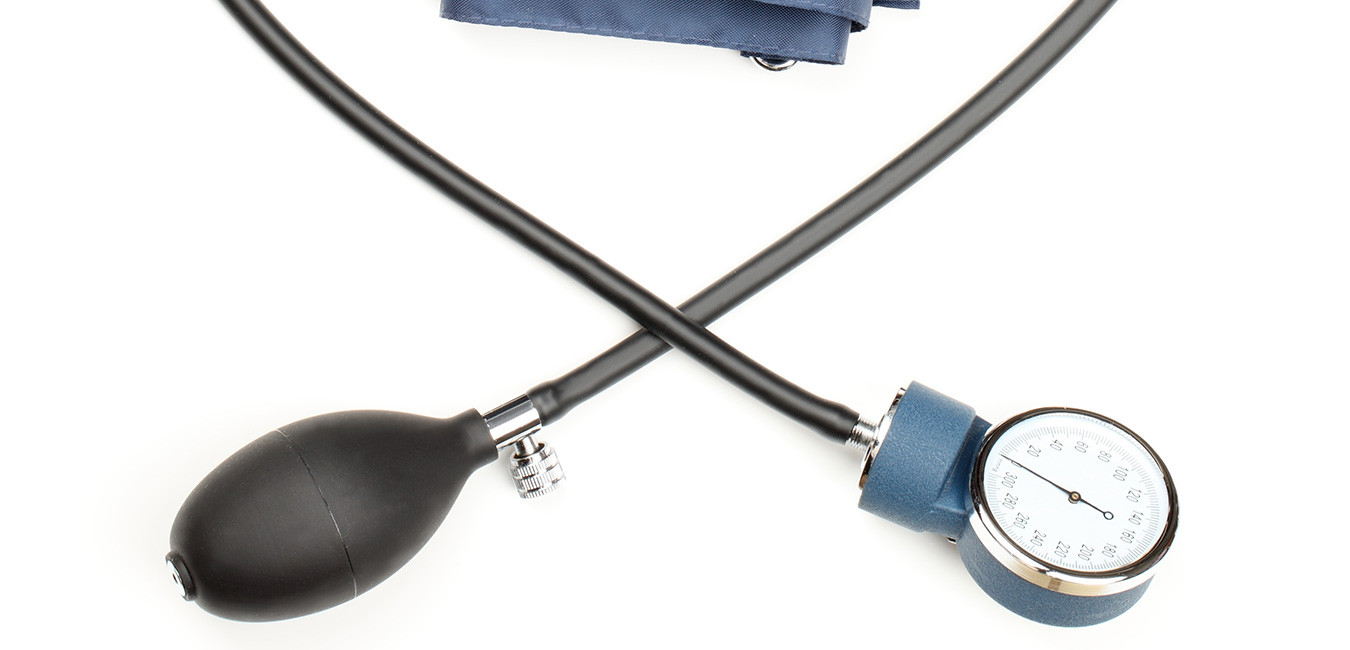Omega-3 fatty acids EPA and DHA–found in fatty fish and fish oil supplements–reduce blood pressure as effectively as lifestyle changes such as exercising more, cutting back on salt, or limiting alcohol, according to a recent meta-analysis published in American Journal of Hypertension.
That’s good news for the 70 million Americans who suffer from hypertension (HTN). Defined as blood pressure of 140/90 or higher, HTN is a major risk factor for heart attack and stroke, contributing to about 1,000 deaths a day in the United States, reports the Centers for Disease Control (CDC). Yet only 47 percent of those with HTN have the problem under control, according to the analysis.
The researchers pooled data from 70 randomized clinical trials (RCTs) examining the effect of EPA and DHA from seafood, fortified foods, or supplements, on adults with and without high blood pressure.
Omega-3 fatty acids support brain function, including memory, reduce inflammation, and enhance cardiovascular health. Research suggests that people with lower omega-6 to omega-3 ratios have a reduced risk for such conditions as diabetes and heart disease. A simple blood test called OmegaCheck™ can measure the balance of fatty acids in a person’s diet.
Small Decreases in Blood Pressure Could Save Thousands of Lives
The analysis found that hypertensive study participants who received the Omega 3’s DHA and EPA had an average decrease in systolic pressure (the top number in the reading) of 4.51 mm Hg, while diastolic pressure fell an average of 3.05 mm Hg, compared to the placebo group.
“Results from this study build on a wealth of prior data indicating that EPA+DHA intake reduced the risk of cardiovascular events,” said Adam Ismail, executive director of the Global Organization for EPA and DHA Omega-3s (GOED). “It is now well-established that EPA and DHA reduce triglycerides and blood pressure and even highly critical meta-analyses have found that they reduce cardiac death risk by 9 percent.”
“When measuring blood pressure, even small reductions can have a significant clinical impact,” added Dominik D. Alexander, PhD, MSPH, senior author of the meta-analysis.
For example, a paper published in Circulation reports that in a very large international study called INTERSALT, conducted across 32 countries, each 2 mm Hg drop in systolic blood pressure (SBP) reduced coronary mortality by 4 percent, stroke death by 6 percent, and total mortality by 3 percent.
The Circulation paper also calculated that among Americans ages 45 to 64, a three percent decrease in mortality (corresponding to a 2 mm Hg drop in population SBP) would mean 12,000 fewer deaths annually in that age group, while a 4 percent reduction in mortality (associated with 3 mm Hg lower SBP) would save about 16,000 American lives a year.
Omega-3s May Trump Salt Restriction for Lowering Blood Pressure
The meta-analysis reported the following reductions in SBP among study participants with untreated hypertension associated with these lifestyle interventions:
- Consuming EPA and DHA omega-3s: 4.51 mm Hg
- Reducing dietary sodium: 3.6 mm Hg
- Increasing exercise: 4.6 mm Hg
- Cutting down on alcohol: 3.8 mm Hg
The meta-analysis also found that among all participants who received omega-3s, through supplements such as fish oil, the average decrease in systolic pressure was 1.75 mm Hg and diastolic pressure dropped by 1.1 mm Hg, regardless of the person’s blood pressure status.
Dr. Alexander noted that a 1.25 mm Hg drop in SBP could prevent a pre-hypertensive from becoming hypertensive. About 30 percent of Americans have prehypertension (blood pressure of 120/80 to 139/89), a condition that also raises heart attack and stroke risk.
“A decrease of 4.51 mm Hg in SBP among those with high blood pressure could help an individual avoid having to take medication to control blood pressure levels,” he added.
Omega-3s support brain function, including memory, and reduce inflammation. Research suggests that people with lower omega-6 to omega-3 ratios have a reduced risk for such conditions as diabetes and heart disease.

